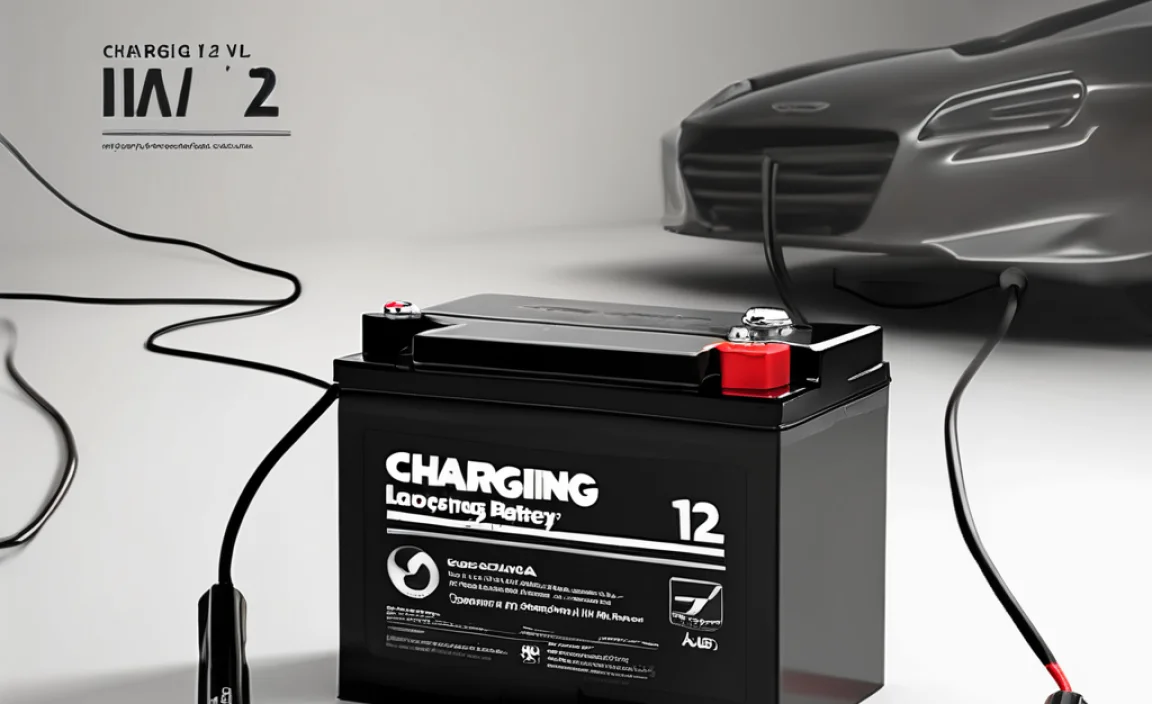Solar car chargers offer a revolutionary way to keep your vehicle’s battery topped up, harnessing the power of the sun for an eco-friendly and convenient solution. Whether you’re a daily commuter, an occasional driver, or someone who parks their car for extended periods, these innovative devices can prevent the dreaded dead battery, saving you time, money, and frustration. Gone are the days of relying solely on wall outlets or jump-starting your engine; the future of car battery maintenance is bright, and it’s powered by the sun.
The fundamental principle behind solar battery chargers for cars is elegantly simple. These devices typically consist of photovoltaic panels that convert sunlight into direct current (DC) electricity. This generated power is then channeled through a charge controller, which regulates the flow of electricity to prevent overcharging and protect your car’s battery. The result is a constant trickle charge that subtly replenishes any power loss, whether from parasitic drain (electronics that draw power even when the car is off) or simply the natural discharge over time. This makes them ideal for a variety of situations, from maintaining battery health in seasonal vehicles like RVs and boats to supplementing the charging needs of electric or hybrid cars.
Understanding the Benefits of Solar Battery Chargers
The advantages of employing solar battery chargers for cars are manifold. Firstly, there’s the undeniable environmental benefit. By utilizing renewable solar energy, you reduce your reliance on fossil fuels and lower your carbon footprint. This is a significant step towards more sustainable living, aligning with a growing global awareness of climate change.
Secondly, the convenience factor is paramount. Imagine never having to worry about finding an available power outlet or calling for a tow truck again. These chargers are designed to be largely autonomous. Simply position the solar panel in a sunny spot, connect it to your car’s battery (often via the cigarette lighter port or directly to the battery terminals with included clamps), and let the sun do the work. This is particularly beneficial for those who park their vehicles in driveways, garages without easy power access, or even on the street.
Thirdly, cost-effectiveness, while not immediate, becomes apparent over time. While the initial investment in a solar charger might seem higher than a conventional charger, the ongoing “fuel” (sunlight) is free. This eliminates electricity bills associated with constant charging and avoids the need for costly battery replacements due to deep discharge. Furthermore, preventing a dead battery saves you the expense of jump-starts, towing services, and potential damage to your car’s electrical system.
Types of Solar Battery Chargers for Cars
The market offers a range of solar battery chargers for cars, each with its own strengths. The most common types are:
Portable Solar Panels: These are typically flexible or rigid panels that can be placed on the dashboard, roof, or even a nearby sunny surface. They are often designed for topping up smaller batteries or maintaining charge, making them ideal for everyday cars. Their portability also allows you to move them to optimize sunlight exposure throughout the day.
Integrated Solar Roofs: Some high-end vehicles, particularly electric and hybrid models, now offer integrated solar panels as part of their roof design. These provide a continuous, albeit smaller, charge, contributing to the overall battery health and sometimes even powering auxiliary systems.
* Larger Systems for RVs and Boats: For larger vehicles like RVs, campers, and boats, more robust solar charging systems are available. These often involve multiple large panels and more sophisticated charge controllers to manage the higher energy demands of these vehicles.
Choosing the Right Solar Car Charger
When selecting the best solar battery charger for your car, consider several factors. The primary consideration is the wattage of the solar panel. For most passenger cars, a panel between 5 to 30 watts is usually sufficient for trickle charging. If you have a larger vehicle or want a faster charge, you might consider higher wattage panels.
Durability and weather resistance are also crucial, especially if you plan to leave the charger exposed to the elements. Look for panels made from robust materials like tempered glass or high-quality plastic and ensure they are waterproofed.
The type of connection is another important detail. Some chargers plug into the 12V cigarette lighter port, which is convenient but can sometimes be an accessory-only port that doesn’t provide constant power. Others connect directly to the battery terminals, offering a more reliable charging connection. Ensure the charger comes with appropriate cables and connectors for your vehicle.
Finally, features like backflow prevention and intelligent charging are essential. A good charge controller will prevent the car battery from discharging back through the solar panel at night or on cloudy days, and it will intelligently manage the charging process to prolong battery life.
In conclusion, solar battery chargers for cars represent a smart, efficient, and environmentally conscious choice for modern vehicle owners. By embracing this technology, you can ensure your car’s battery is always ready to go, minimize maintenance hassles, and contribute to a greener future, all powered by the abundant energy of the sun.

